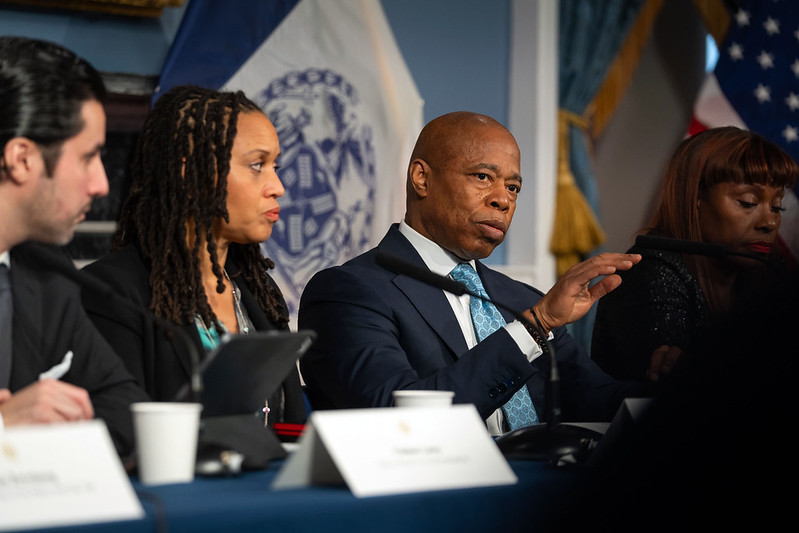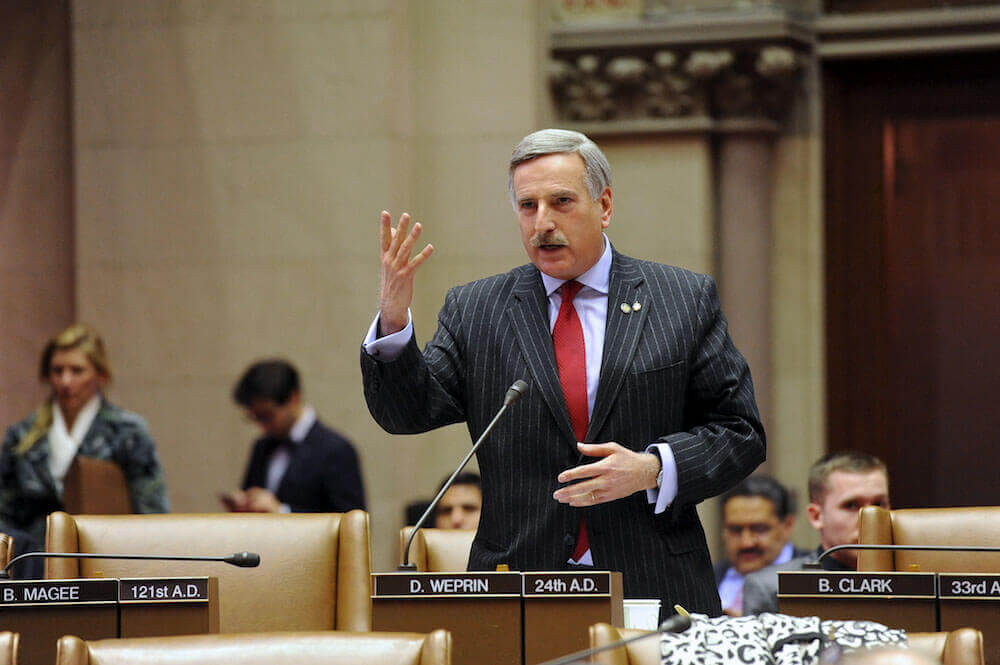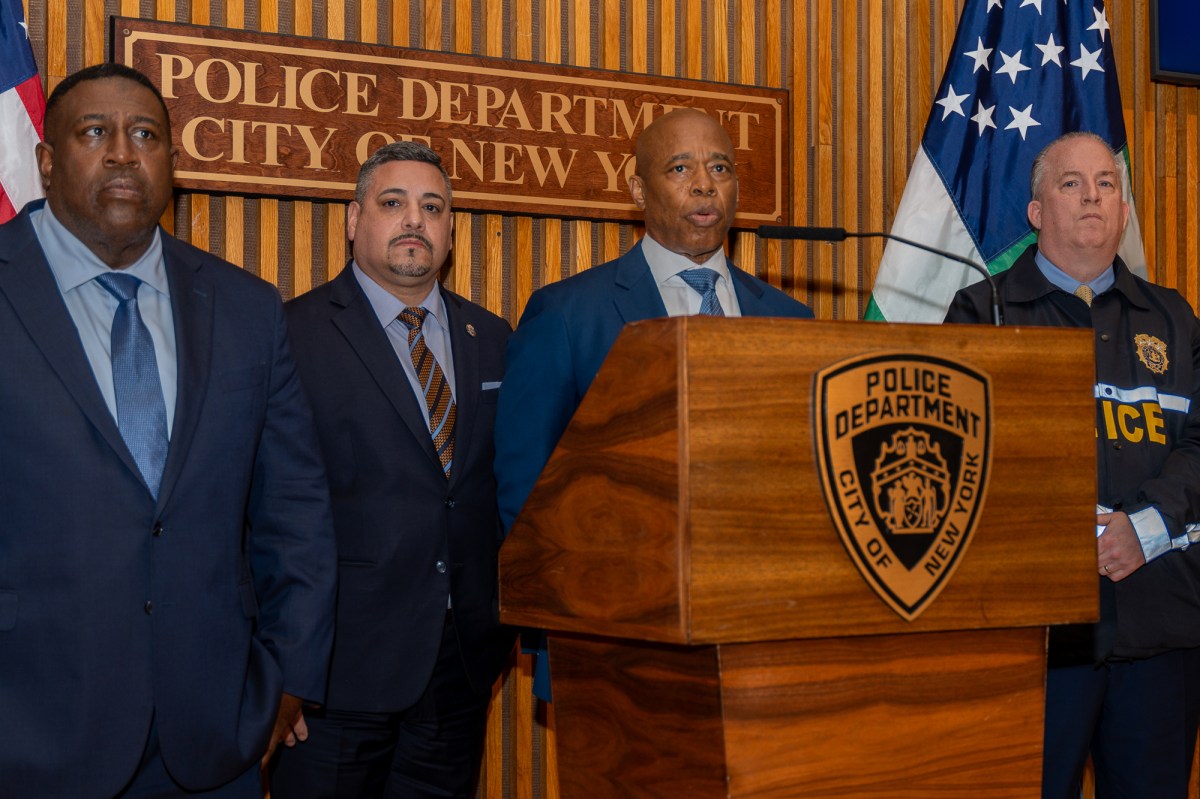By Philip Newman
The Rent Guidelines Board has come up its preliminary recommendations on how much landlords can raise rents on New York City's 1 million rent-stabilized apartments with final numbers to be announced next month.
In a recent study U.S. Rep. Anthony Weiner (D-Forest Hills) found 110,000 Queens renters or 28 percent of the borough's tenants spent at least half of their income on rent in 2006, the last year for which statistics are available.
The board will hold two more public hearings on June 11 and June 16 prior to announcing its final recommendations on June 19.
The board voted 5-4 on May 5 for raises of 3.5 percent to 7 percent for one year leases and 5.5 percent to 9.5 percent for two year leases.
Whatever raises are finalized will be applicable for leases to be renewed from Oct. 1, 2008 to Sept. 30, 2009.
The meeting lasted only an hour and was conducted in an atmosphere of uncharacteristic calm with the Great Hall of Cooper Union in Manhattan half empty.
Tenant advocacy groups had demanded a freeze on rents while the Rent Stabilization Association, representing landlords, wanted increases of 9 percent to 14 percent.
The rent hearings have been less orderly in some previous years. In 2006 the rent board was forced to call a more than two-hour recess because of a campaign of noise and general boisterousness on the part of renters and activists who attempted to shut down the hearing.
This time noise-making devices were banned from the meeting hall.
Elected officials, meanwhile, plan to introduce legislation soon in the state Legislature to change the system that determines how much landlords may raise rents.
Housing advocates contend that the Rent Stabilization Association, representing landlords, has for years tipped the scales in favor of landlords. They maintain the association was established by and for the real estate industry during the administration of Mayor John Lindsay.
One of the elements of the proposed changes would require landlords to disclose their profits. The makeup of the board would go from the present two-tenant, two landlord and five public members to three members from each sector.
Annual readjustments would become effective for all rent-controlled and rent- stabilized apartments on Jan. 1 of each year.
































